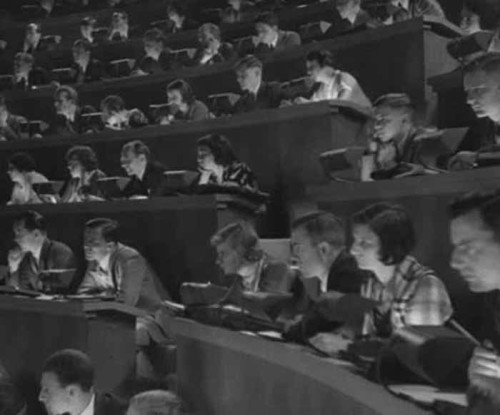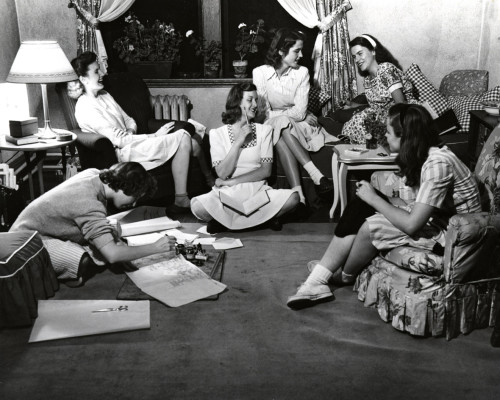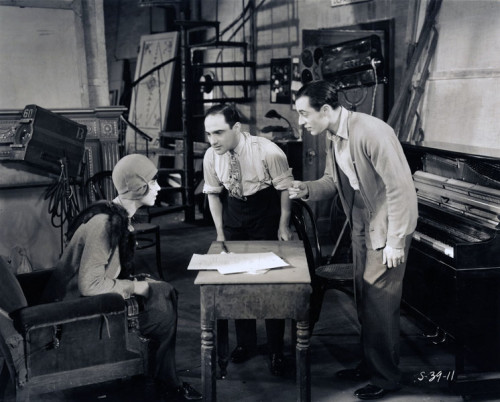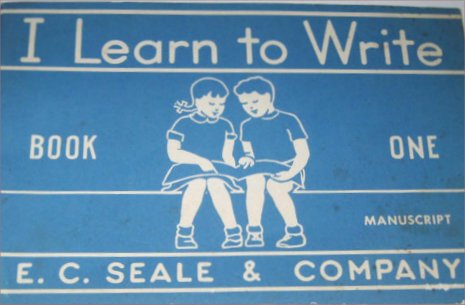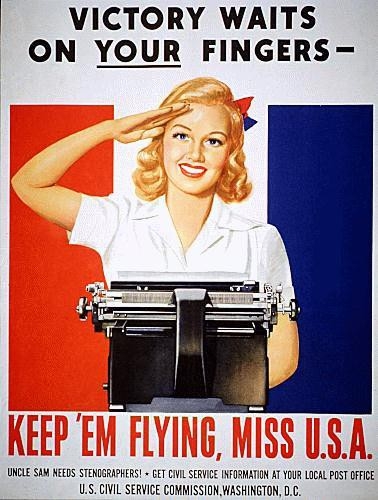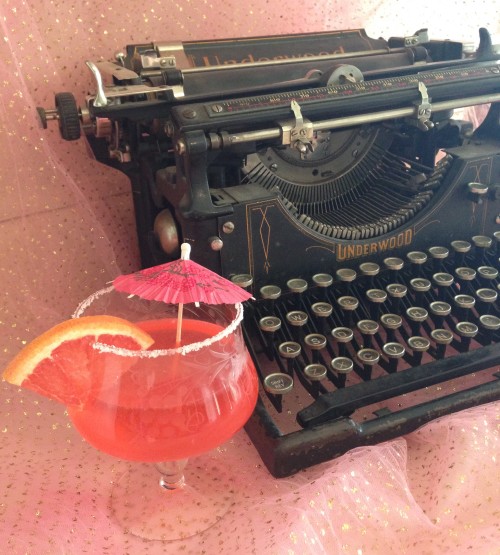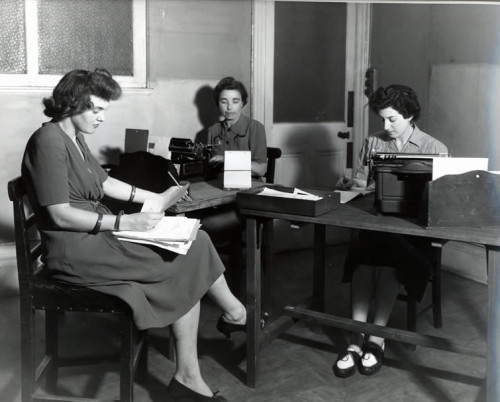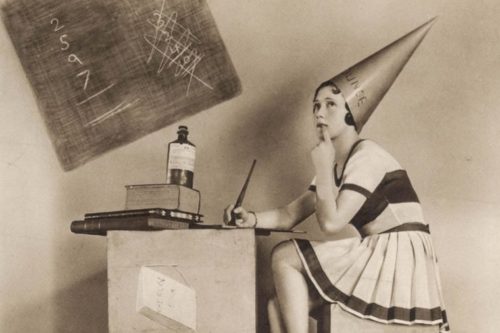
Has anyone else noticed the amount of hate and inequitable critiques indie and self-published authors receive? It got me thinking about editing, story-telling, the art of writing, style, writing fads, goals and what it says about us as human beings. For the purpose of this article, I’m going to refer to indie, hybrid, and self-published writers as indies, (or maybe I should just call them rebels *wink, wink*).
- Why do we critique?
- Does the critic think an indie writer doesn’t have an editing team or process?
- How many typos are too many?
- Writing styles and writing fads change.
- What really is good story-telling?
Why Do We Critique & What is the Goal of That Criticism?
Does the critic feel they are providing a service to the world. Warning others from wasting time or money? A superhero for book readers? I substitute teach for my day job (yup, I still have one, though I’ve been able to cut down and devote more time to writing and editing), and the admins do in-class assessments, walking in like the Gestapo, and instead of feeling like the teacher is part of the team, the teacher is belittled, made to feel defensive, furthering a sense of us against them and isolation which is not productive for anyone. Many reviews read this way. Is the reviewer/critic productive? For whom?
If that reviewer’s goal is to warn the public, then they are somewhat productive in that way. I appreciate honest reviews and don’t want to waste my money. But, why do the reviewers have to do it in such a negative way? A psychologist might argue, the goal of a critic’s nasty, negative review is to show off his superior intellect or create a persona of authority, elevate their own ego?
Or perhaps, some readers/reviewers are aspiring writers themselves who have been on the receiving end of cruel and hurtful reviews, citing (and believing) they are helping to make the author if not better, tougher.
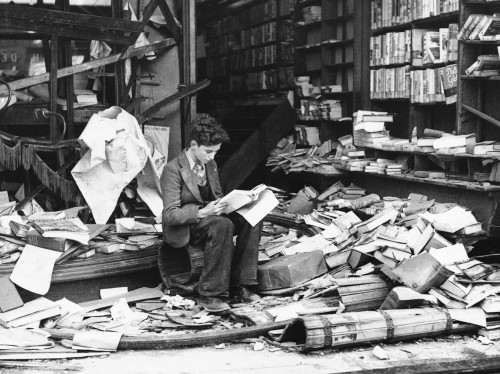
Authors and artists in general already beat themselves up more than anyone can imagine and spend way too much time in their own heads, riding a roller-coaster of hope, self-motivative actions followed by bouts of despair and isolation.
Perhaps the critic thinks the indie writer is lesser than the traditionally published writer? That those traditionally published are just “better” writers, therefore the indie writer deserves less respect. Does the critic think the indie writer couldn’t get an agent or a traditional deal?
I can speak to my experience and those writers I’m friends with. I queried agents (see my post on why even if you’re set on going indie, it’s a worthwhile endeavor), and received several offers for digital first. They wanted to take a huge chunk of my royalties for doing what I could do with no guarantee for paperback printing, and they get to choose your cover. As a side note, let me just say, I’m a big fan of hiring a professional to design your indie cover.
I also have other author friends who went with an agent and small press, who because of bad editing, horrible covers, and no support, took back their rights and self-published after being traditionally published. Conversely, many debut authors have been happy with their traditional choice. They are just different paths and different choices, but it feels like lately indie-authors are receiving the nastiest of the negative and the bulk of it is edit shaming.
Does the Reviewer Think an Indie Writer Doesn’t Have an Editing Team or Process?
I am guessing that most independent critics (and when I say critics I’m including book review bloggers and readers who leave reviews on Goodreads, Amazon, and elsewhere), assume when they find a typo or editing problem the indie author doesn’t care about editing.
Most of them do. Sure, I’ve run across indie authors, (who are honestly usually young and still in high school), who have no clue about editing, but just want to get their story out–I’ll speak more about outsider art later).
As for most of us, I can speak to my process and can assure you it is similar to most indie writers I know.
Tam’s Process
- First-Third Drafts– For my eyes only, still illuminating the darkness with one headlamp (as Neil Gaiman put it)
- Fourth Draft –Per chapter: edits I make based on my weekly critique group, comprising of 5-7 varying reviews
- Fifth Draft–reread of critique group accepted edits, usually adding more edits
- Sixth Draft–Full manuscript read and edit before sending to beta readers
- Seventh-Tenth Drafts–Suggestive edits from two-four beta readers
- Ten Plus Drafts–Rereads and re-edits of printed proofs
As you can see I’ve tried to hit all the big editing issues. Below is a list of writing and editing and craft books I have read and use as a guide. Many of the authors have given workshops I’ve been blessed enough to attend. Lisa Cron in particular stands out, as well as other workshops I’ve attended of writers who don’t have craft books, but had a wealth of information to share like Shellee Roberts’ First Five workshop.
Writing Craft Books
- Story Genius Lisa Cron
- Self-Editing for Fiction Writers Renni Browne/Dave King
- Save the Cat Blake Snyder
- Thinking Write Kelly L. Stone
- Conflict & Suspense James Scott Bell
- The Definitive Book of Body Language Barbara Pease & Allan Pease
- The Describer’s Dictionary David Grambs
- Character & Viewpoint Orson Scott Card
- Write Now Elizabeth Irvin Ross
- The Creative Writer’s Phrase Finder Edward Prestfield
- Naughty Words for Nice Writers Cara Bristol
- On Writing Stephen King
- Understanding Show Don’t Tell Janice Hardy
- Romancing the Beat Gwen Hayes
Those are just the books I’ve read and my writer’s journey thus far. You’ll find other indie authors have similar lists. It would be fun to compare which craft books make all of our list. Anyone up for that task? When I take a break from my current WiP (Work in Progress), I may tackle it!
Example of What my Critique Group & Beta Readers Look for When Editing
- Voice: Passive voice, filter words, POV
- Dialogue tags and action beats
- Phrasing: repetitive words, sentence structure,inelegant phrasing, crutch words,run-on sentences
- Setting: World building, Anachronisms
- Plot: Big picture, story continuity, story arc, theme
- Typos: missing letters, punctuation, homophones, misspellings
- Characterization: believable dialogue, relationships,
- Grammar: Tenses, dangling participles, misplaced modifiers, etc.
- Punctuation: oxford commas, independent clauses
- Structure: paragraph breaks,chapter breaks
I’m not saying you shouldn’t criticize, but know that most indie writers are really looking at all those things you’re looking at. They want to be the best they can. They really do want to please you. And unlike traditionally published authors, they’re involved in every step of the process. I will tell you after attending several conferences with A-list writers, they are good writers no doubt about it, but getting past a gate-keeper doesn’t make them a better self-editor. In fact, I’ve heard more than one A-lister say, they don’t even look for their own typos, they send off a second or third draft and let their agent and editor do the rest.
How Many Typos Are Too Many?
I don’t like to be taken out of the story or confused when the “e” is left off of the “she” or the author has accidentally (yes, I said accidentally, I’m going to give the writier the benefit of the doubt) used the wrong word in a homophone. But how many typos are too many? I’m asking. Do you have a zero tolerance? What’s a deal-breaker for you? For me, I don’t mind a few. In a book of three-hundred pages, if there’s a handful of typos, I’m cool. If there’s one on every page, I’m out. And I’m not talking about a missing comma (we could debate oxford commas and independent clauses forever), but typos that mess with the meaning of the sentence or structure.
Lets just agree that not all indie authors are not the same, many have different goals, there are many paths to the same destination, and a good constructive critic has a place in that journey. For anyone who wants to grow, you can’t grow in a vacuum and outside analysis is helfpul.
I’ll let you in on a little secret about Indie authors versus traditionally published authors, indies can easily edit their ebooks and print books and have them back on market in less than three-days. So, instead of edit-shaming that indie author, let ’em know. Isn’t that more productive and kinder?
Writing styles and writing fads change.
We can’t talk about editing and critiques without talking about writing fads and stylistic changes. When I substitute English classes, I hear the kids complain all the time about how boring some of the novels are that they are required to read, especially compared to the YA and NA dystopian novels they’re into. The English Class classic novels are the ones the world has deemed good or at least academia has deemed good (that’s an entirely different discussion that goes along with Oscar awards). The biggest complaint is in the style of writing, sentence structure, and voice. I try to explain to the teens that they’re using the wrong yardstick to measure, that turn-of-the-century, or even mid-century writers wrote with a different style.
I’m not sure we can use the same yardstick to judge/critique every book. Do you?
Someone who sounds like a knowledgeable and sage critic now may sound like a moron in ten years. Look at all the critics who panned The Great Gatsby and Catcher in the Rye. I’ve also noticed my tastes have changed with each decade I’m alive. Many books I loved in college, don’t move me the way then once did and although I loved Kerouac then, I’m no longer into his beat style. If I were to write a book review in college and then write a book review today, they would be very different, simply because I am different.
With more global readership than ever before, lets not forget the difference in culture, spelling, and syntax. I’ve seen British authors get dinged for misspellings or colloquial slang that an American reviewer didn’t understand and vice-versa.
What is Really Good Story-telling?
Ultimately, what is really good story telling and is good story telling different than good writing? It can be. I believe most writers who write beyond their first novel or even first short story want to do both which is why most writers I know spend hours editing, going to workshops, reading craft books, and taking on beta-readers. But there’s also a place for novices, outsider art writers. I recently attended an art show where the artists lacked the skill a trained/schooled artist had, but his paintings captured a mood and emotion and impacted viewers.
I also just finished reading Barbara Comyns’ Our Spoons Came from Woolworths with a charming introduction my Emily Gould, (my Book Club‘s choice this month), and I couldn’t get into it. It seemed to me the writer did ALL of the things I’d been training myself not to do, passive voice, typos (in the introduction, Gould said the editor kept the misspellings and even added a few), lack of dialogue, lack of texture, not using all five senses, etc. but then, like when I read Shakespeare, those items I would usually critique or would usually take me out of the story, fell away, and I cared. I felt.
Isn’t that what’s at the core of art, any art? We are all story-telling whether with dance, music, sculpture, paint, or words. We’re holding up a mirror to our humanity, making us feel, think, introspect, and hopefully grow.
Don’t stop Reviewing/Critiquing Indie Authors
Of course, the critic/reviewer has the right to their opinion. We all have the the right to our tone and how harsh we want to be. But, if you feel venomous, ask where those feelings come from and why you feel compelled to spew, and if you’re being harder on the indie. When I notice something inequitable, I feel compelled to speak up, especially when the little guy (indie author) is being pummeled.
I’m also not asking anyone to go-easier on the Indie, maybe just take another path? They have. Before posting your negative review and edit-shaming, go out on a limb and let them know in an email or private message. I have and have made wonderful, unexpected friends in this way.
Honestly, we writers (especially indie writers) need you, and most of us want you and value your constructive input. Key word: constructive. You do not have to be cruel to be kind.
Ultimately it’s okay NOT to like something. I’m asking that you don’t edit shame the indie author when you can be part of their growth. Be tempered. Be constructive. Let’s help each other grow and be better humans without shaming.
::
What do you do when you find a typo in a novel or you don’t like it? Do you differentiate between indie authors and traditionally published authors? Have you noticed your literary tastes changing as you change and grow? Have you ever felt compelled to write a book review? Have you ever been publicly shamed for anything?
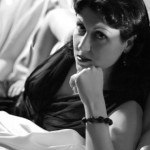 Tam Francis is a writer, blogger, swing dance teacher, avid vintage collector, and seamstress. She shares her love of this genre through her novels, blog, and short stories. She enjoys hearing from you, sharing ideas, forging friendships, and exchanging guest blogs. For all the Girl in the Jitterbug Dress news, give-aways, events, and excitement, make sure to join her list and like her FB page! Join my list ~ Facebook page
Tam Francis is a writer, blogger, swing dance teacher, avid vintage collector, and seamstress. She shares her love of this genre through her novels, blog, and short stories. She enjoys hearing from you, sharing ideas, forging friendships, and exchanging guest blogs. For all the Girl in the Jitterbug Dress news, give-aways, events, and excitement, make sure to join her list and like her FB page! Join my list ~ Facebook page

